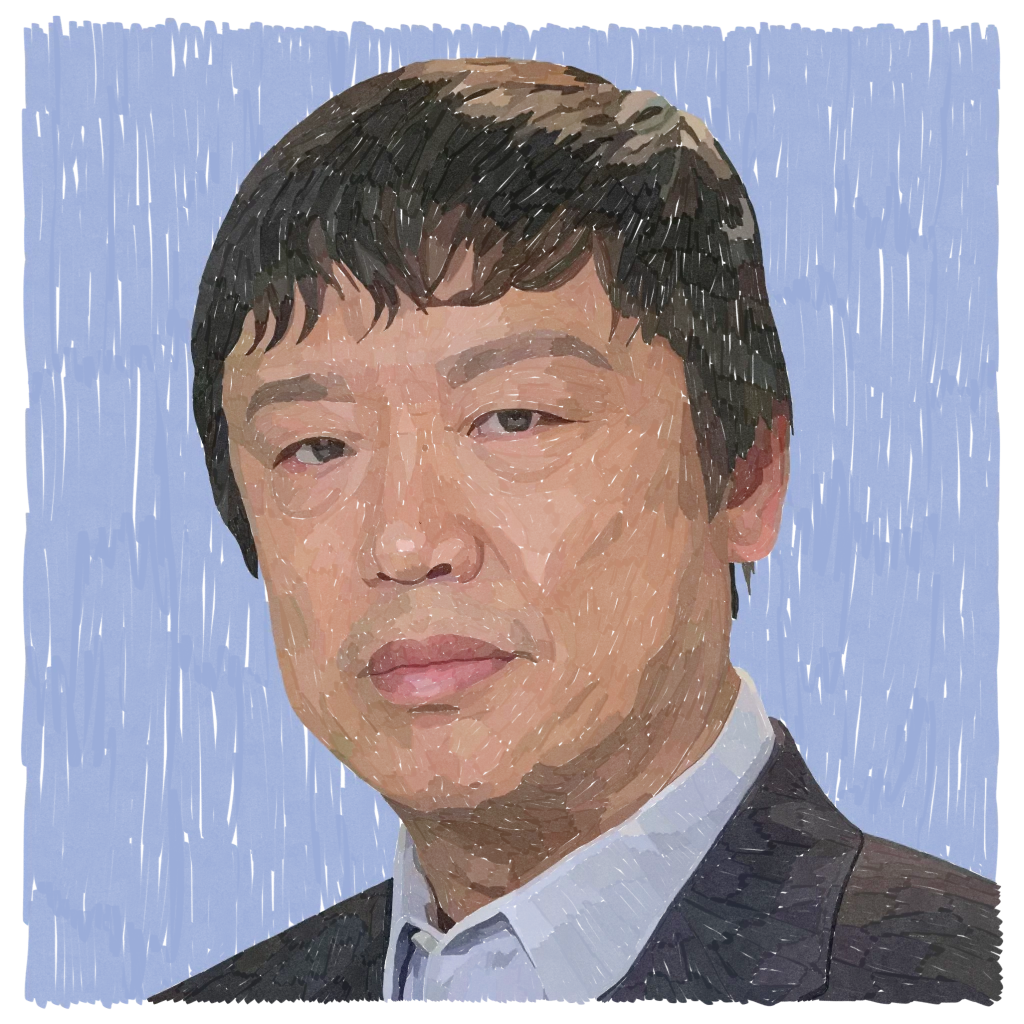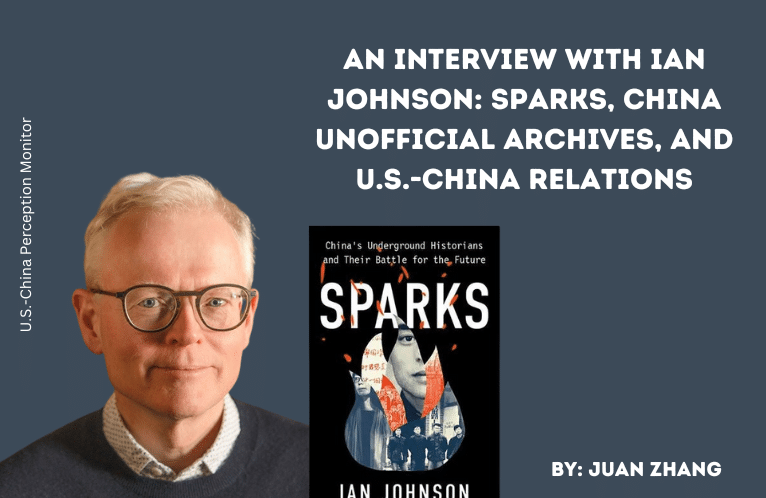Significance and Challenges: China-U.S. Cooperation on the Fentanyl Issue
Event Summary: Can US-China People-to-People Exchange Stop the Dangerous Slide of the Bilateral Relationship?
On March 21st, 2021, The Carter Center and the Intellisia Institute jointly held a webinar titled, “Can U.S.-China People-to-People Exchange Stop the Dangerous Slide of the Bilateral Relationship?” The event, moderated by Senior Advisor on China at The Carter Center, Yawei Liu, and President of the Intellisia Institute, Dingding Chen, brought together a diverse group of experts from both countries to deliberate on the important issue of people-to-people exchange. The participants focused their discussion on past successes, current challenges, and future developments of the bilateral relationship across the sectors of public health, media, education, and civil society.
First, on the topic of public health, the speakers offered a historical account of the previously strong relationship between the US and China. Beginning in 1835, the two countries jointly established community health programs and trained nursing and medical students. After 1980, this collaboration continued through the establishment of government institutions like the American and Chinese Centers for Disease Control (CDCs) and research programs at major universities. Nongovernmental organizations–such as the Gates Foundation and China Medical Board–also formed partnerships between the two countries. To conclude, the speakers from China and the US urged further cooperation on the many common health issues between the two countries–from aging populations, to environmental degradation, to mental health.
Next, on the topic of the media, the scholars stressed the role of the media in the deterioration of the bilateral relationship. The elimination of foreign missions, expulsion of American journalists from China, and negative views of the media by government officials have led to narrowing bilateral information flows. As one scholar pointed out, this limited access to information has fueled the propagation of rumors and lies and the rise of fake news. In order to improve media relations, the speakers offered a series of policy solutions–including launching new joint-fellowship programs for Chinese and American reporters and increasing the number of journalists allowed into both countries.
Finally, on the role of education and civil society, the speakers were concerned by the deterioration of people-to-people exchange programs such as Confucius Institutes and the Fulbright scholarship. The speakers stressed the importance of non-governmental organizations and academic programs working to re-establish trust as the government relationship dwindles. Instead of continuing to travel the path of heightened hostility, the speakers agreed that both countries should welcome students and scholars in an attempt to gain a deeper cultural understanding of the other.
Across these various sectors, the message remained that embracing common beliefs and values, and attempting to collaborate on common global problems, is crucial in repairing the bilateral relationship. The speakers made clear that improving people-to-people relationships are the first step in stabilizing relationship that has been an anchor for peace and prosperity for both countries, Asia Pacific region and the world in the past four decades.
Click here to watch the full webinar.









